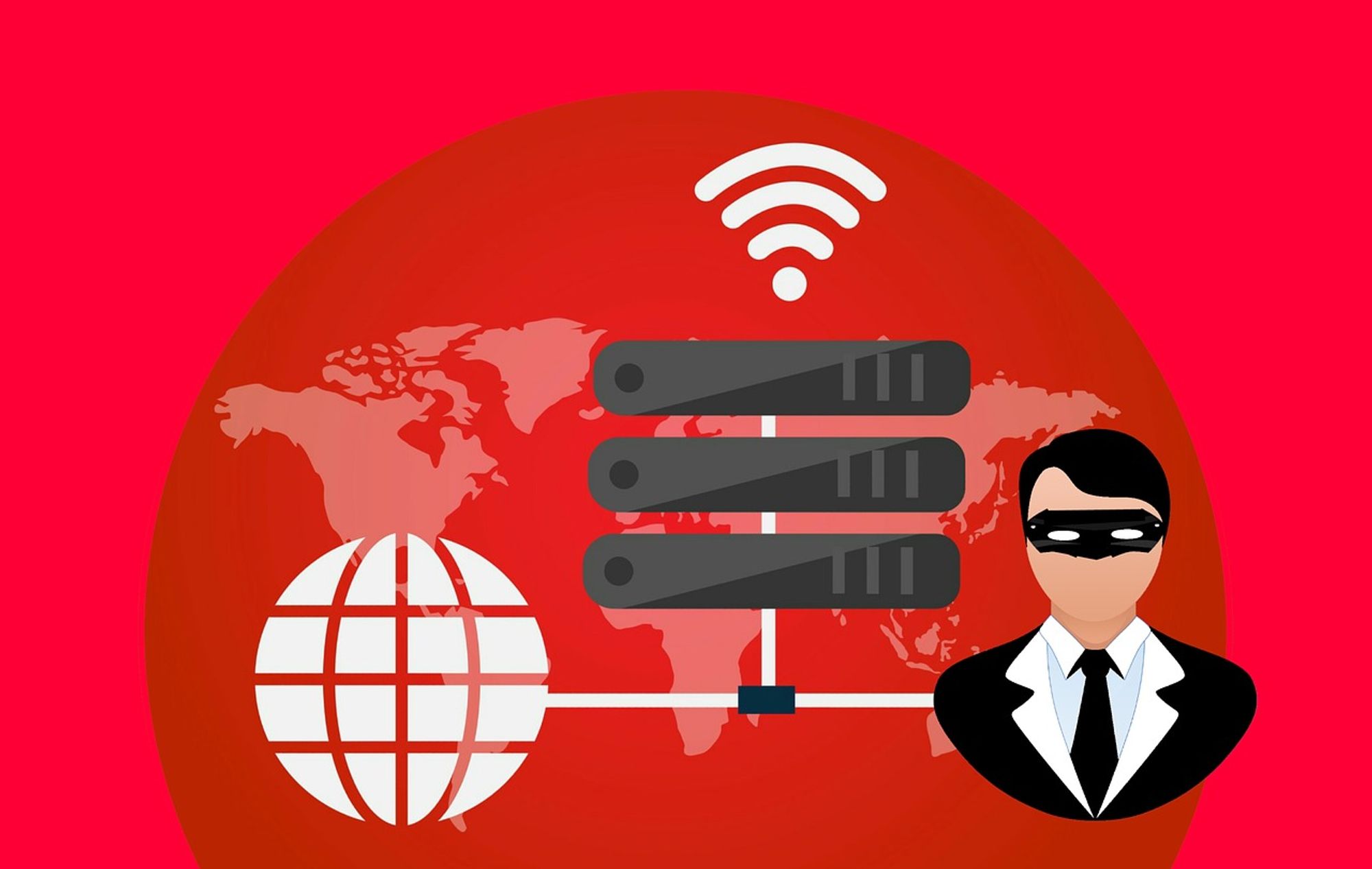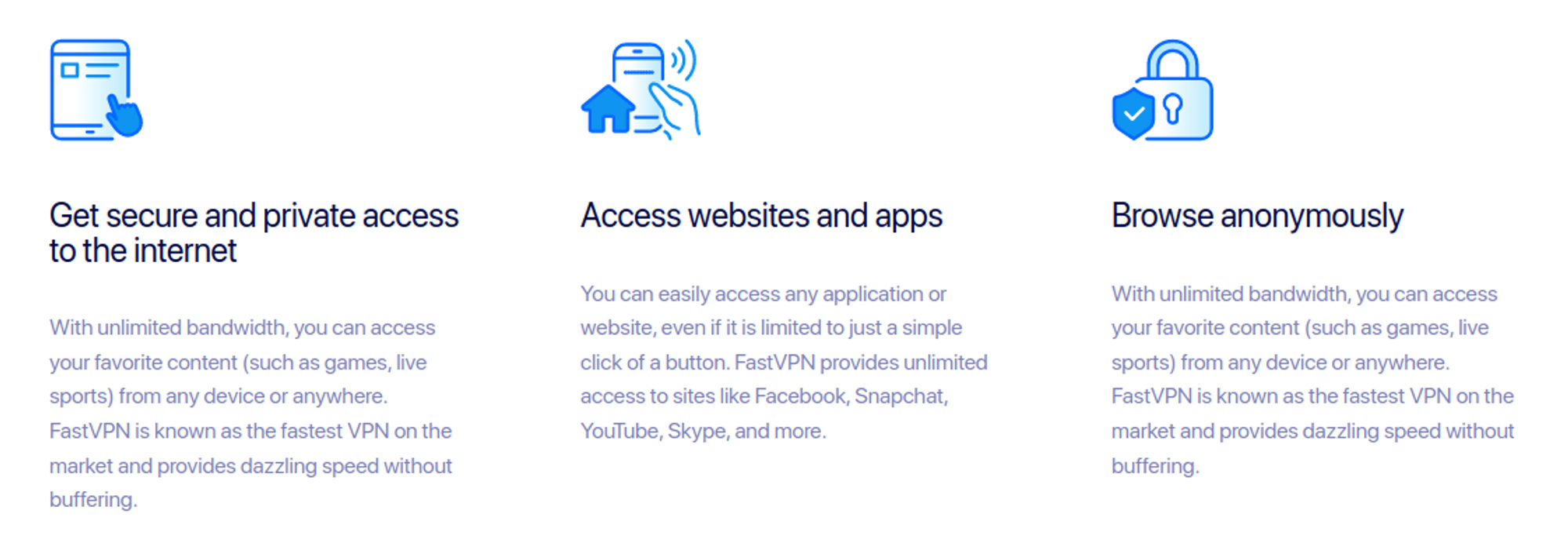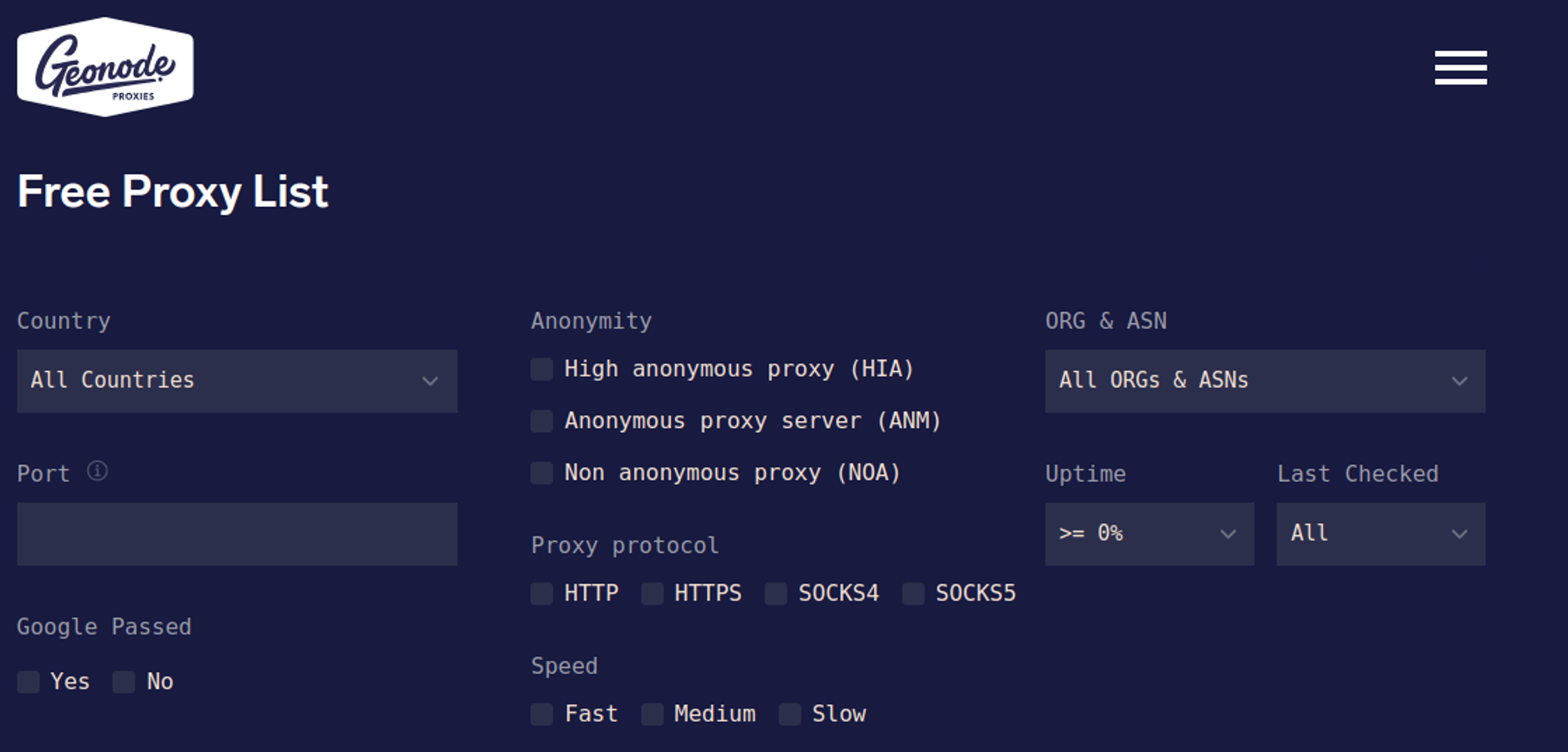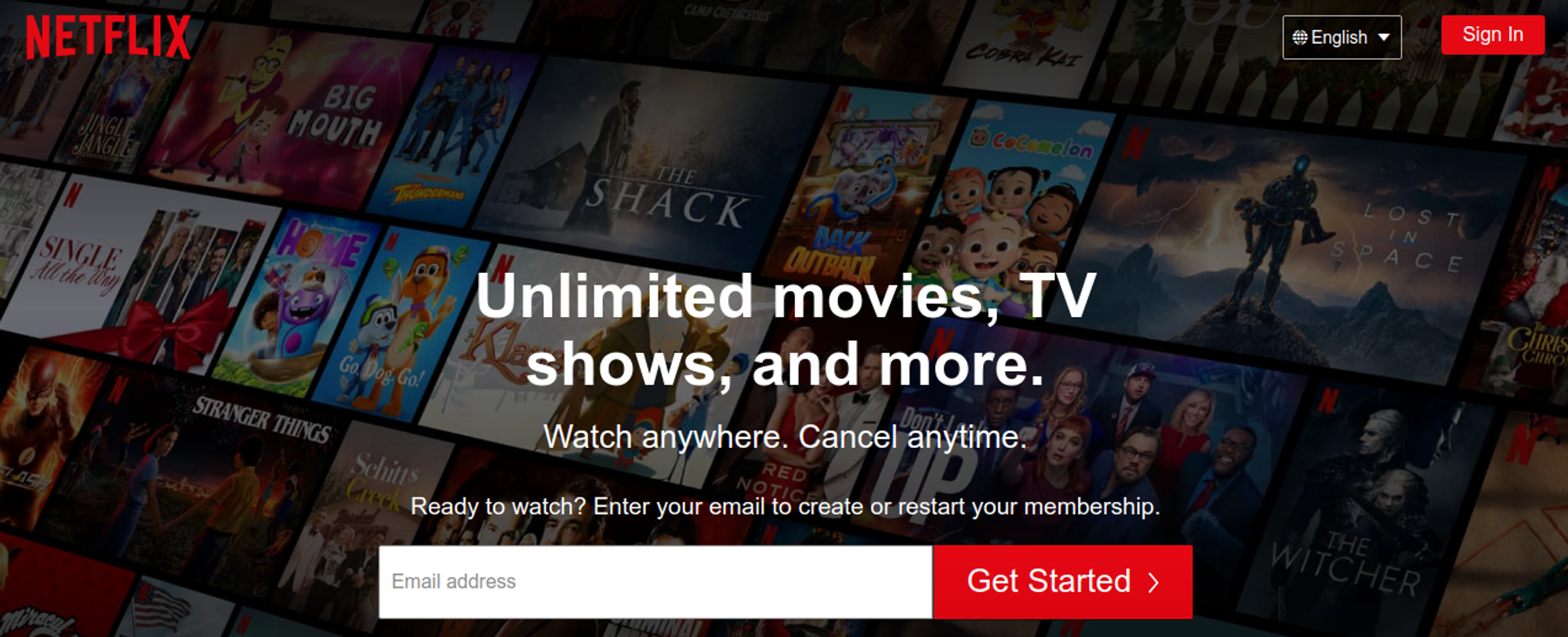Proxy vs. VPN: 8 Differences You Should Know
date
Sep 27, 2022
slug
proxy-vs-vpn
status
Published
summary
VPN and proxy are two different ways to surf on the internet securely and freely. Since they have their own pros and cons, you need to know the differences before deciding which one you want to use.
tags
Website
type
Post
Author
Berktug Mutlu
category
Vpn
meta_title
Proxy vs. VPN: 8 Differences You Should Know - FastVPN
In the battle of Proxy vs VPN, the two might seem comparable. After all, both use off-site servers to protect your identity and hide your location. However, only one of these two is effective at protecting your identity.
But when comparing the two services, there are some extreme differences. Below, we will let you know about proxy servers, compare them to VPNs, and know which is better for your needs.
What is a Proxy Server?Why You Should Use a Proxy ServerWhy You Shouldn’t Use a Proxy ServerPros and Cons of Using a Proxy ServerWhat is a VPN?Why You Should Use a VPNWhy You Shouldn’t Choose a VPNUsing a VPN – Pros and ConsProxy vs VPN – Which is More SecureProxy vs VPN: A List of Seven Differences#1: Proxy Servers Do Not Hide Your Web Activity#2: Proxy Servers are Usually Free#3: VPNs Encrypt Your Connection and Traffic Logs#4: Proxy Servers are Generally Slower#5: Proxies Have Alternative Modes of Use#6: VPNs Include Data Encryption#7: Proxies Are Effective At Blocking One Application or Website#8: VPNs are Better for Public NetworksProxy vs VPN – Similarities Between the Two#1: Both Will Effectively Hide Your IP Address#2: You Can View Geo-Blocked Content#3: You Still Need To Delete CookiesProxy FAQsDo You Need a Proxy if You Have a VPN?Is The Tor Network a Proxy Server?Smart DNS vs Proxy: Which is Better?Can You Use Proxies and VPNs Together?Conclusion – Proxy vs. VPN: Which is More Secure?
What is a Proxy Server?

A proxy server is a middleman between your home network and the internet. It translates traffic between you and the internet, acting as a firewall and web filter for your security.
The ultimate benefit of a proxy server is providing you with a masked IP address. This feature enables you to hide your physical location and IP, providing you with better security than a standard gateway.
There are numerous types of proxies. Here are a few of the most common ones:
- Web – Specifically protects web traffic and HTTP requests
- Anonymous – This proxy protects and obscures your IP address. Advanced forms of this proxy include the Tor Onion network.
- Reverse – Defends you from requests from external servers (includes web traffic and application traffic)
- Transparent – Protects external data but allows internal entities to track your web traffic easily (i.e., home network)
- Distorting – Creates a masked IP address to fool trackers.
There are also different protocols for proxies. These include SOCKS, FTP, HTTP, and SSL. These protocols are much like how VPNs operate, providing further security layers.
Why You Should Use a Proxy Server
Proxy servers are best for situations with a specific site or app target. For example, many people use proxies to confuse streaming services into thinking you live elsewhere.
If your only goal is to hide against media streaming, proxies are acceptable.
Why You Shouldn’t Use a Proxy Server
Proxy servers do not hide your identity or encrypt your data. Despite masking your IP, most of the other information behind your IP is there.
Given that proxy servers are free, many of them make money from selling your data. The entities behind these servers like to stay anonymous because of these practices.
Pros and Cons of Using a Proxy Server
Pros | Cons |
Hides your IP address | Some proxy servers are not secure |
Offers consistent results | It doesn’t encrypt data |
Unblocks geo-locked websites | Some proxies track your information |
Faster loading times due to cached data | A proxy might not be compatible with your network |
What is a VPN?

A VPN is a Virtual Private Server. It protects your traffic and connection logs while encrypting all data sent and received from your computer. For more details on VPNs, check out our sister article.
Why You Should Use a VPN
VPNs are your test tool if you want to prevent governments, internet service providers, and hackers from stealing your data. This security tool encrypts your connection and traffic logs using ciphers, algorithms built to scramble your data.
These ciphers are not part of proxies, making VPNs way more secure. They also offer IP-concealing features with fewer risks regarding network compatibility because they are part of your computer as VPN client software.
Why You Shouldn’t Choose a VPN
VPNs can be a nuisance if you operate in a capacity that requires you to share personal data consistently. For example, those who drive for Uber, Doordash, or other location-driven services would not effectively use VPNs.
Sometimes local banks will throw up major red flags if you come in from another country. So if you run into issues logging in at your bank, they might require you to connect to a server in your country before you can complete any transactions.
Using a VPN – Pros and Cons
Pros | Cons |
Hides your IP address | It doesn’t work well with location services |
Scrambles your connection and traffic logs | Requires extra steps with your local bank |
Unblocks geo-locked websites | Less reputable VPNs will sell your data |
Protects you from unwanted eyes | It can be slow if you connect to a distant server |
Proxy vs VPN – Which is More Secure
When asking which is more secure, VPNs easily win this competition. Proxies were never intended to be complete security.
While proxies are great for simple unblocking services, they are not great for hiding your internet activity. There is no data encryption, which is a primary feature of VPNs.
Here is a quick roundup comparison between the two so you can better decide which is better:
Features | Proxy | VPN |
Cost | Free (mostly) | Paid and free |
IP Protection | Yes | Yes |
Web Protection | Yes | Yes |
Encryption | No | Yes |
Coverage | One app or website | All connections |
Geo-Location Masking? | Yes | Yes |
Slows Connection Speed? | Yes | Yes |
Proxy vs VPN: A List of Seven Differences
While there are numerous similarities between the two platforms, there are just as many fundamental differences between the two. Below, we will go through eight of those differences to know what will work best for you.
#1: Proxy Servers Do Not Hide Your Web Activity

Proxies cannot be 100% secure because of their inability to hide traffic. While proxies act as a layer of privacy, they do not protect browsing data.
This data is still accessible to dedicated hackers who want access to your information. Specifically, your connection logs and traffic logs are still available.
Proxies do provide web security by hiding your IP address. However, that often isn’t enough for complete protection for your surfing data.
#2: Proxy Servers are Usually Free

There are numerous VPNs with enhanced privacy levels. However, many of those VPNs require significant payments.
By comparison, proxies typically require little to no payments. There are way more free proxy servers than there are VPN servers, which can be a benefit to your wallet.
When using some of these free services, be sure to check the company’s privacy policy. Typically, businesses that operate purely on a free model can sell user data, which is a terrible business practice.
However, some providers offer free services to encourage you to get their paid services. These providers are typically the ones you should use. Regardless of either case, your chosen provider needs to prove their dedication to your online privacy.
#3: VPNs Encrypt Your Connection and Traffic Logs
Regardless of what server you access, encryption is the key to anonymity online and protection against privacy invasion. Only VPNs offer protection against government surveillance, ISP tracking, and hacker protection.
Much of this comes from choosing VPNs that specifically mention protecting your connection and traffic logs. These logs contain a record of where you’ve been and what you have done there.
This exposure allows advertisers to target you directly and criminals to get a good idea of who you are. They use this information as a form of social manipulation, calling your bank and regular services to try and get personal data.
Good proxies will confuse data but never hide it. VPNs encrypt all information you do not willingly provide to a business.
#4: Proxy Servers are Generally Slower
Because of proxy servers’ general “freeness,” they are pretty busy. Many of these servers are public without paying anything, making them relatively attractive.
The problem with this open access comes in slowness. Because proxies cannot determine and sort people, everyone will load onto the first server.
May users of proxy services don’t see them as a long-term solution. Instead, they work better as a short-term fix in a pinch.
With speed being a concern, many streaming services are out of reach. But some VPNs suffer from the same problem. So be picky and run a few tests to see your options.
The Fast VPN prides itself on being a speedy VPN service. After all, it is in our title.
#5: Proxies Have Alternative Modes of Use
Despite online proxies being a privacy solution, not all are made alike. Some are made for the opposite, tracking your data and selling them to third-party providers.
Sometimes, nosey parents (or business owners) use transparent proxies to discover what their kids are doing. This situation can be helpful in limited scenarios but does raise significant privacy concerns.
There are alternative benefits to proxies that VPNs do not have in this case. This process includes specialized blocking in cases where you think a VPN is overkill (i.e., blocking one website or app)
#6: VPNs Include Data Encryption
Regardless of what type of proxy you use, none of them will encrypt your data. As an online security feature, VPNs are much more effective.
Encryption is the process of taking your data and scrambling it using an algorithmic generator. To unscramble it, you would need access to a decryption device working at the same level.
There are numerous encryption types that hackers cannot crack to this day. Here are some of the most robust encryption methods:
- RSA & Rivest-Shamir-Alderman
- Blowfish & Twofish
- AES (Advanced Encryption Standard. Specifically, limited to 256-bit keys)
- Triple DES (Data Encryption Standard)
Without encryption, VPNs wouldn’t have the enhanced security we come to expect.
#7: Proxies Are Effective At Blocking One Application or Website
In situations where automatic security isn’t your priority, proxy servers offer more straightforward control measures. Proxies are better if you want a layer of security between you and one site.
Online services, like Google, Amazon, or Facebook, trade your data in exchange for services. Those who don’t care for this will find proxies more situationally helpful.
For example, accessing another country’s version of Netflix is more cost-effective through proxies. However, VPNs are still much better overall due to a total lack of security under any proxy.
#8: VPNs are Better for Public Networks

If you go to your local coffee house and access their public Wi-Fi network, you might want to think twice. Hackers regularly access these public networks to gather your information.
In some cases, nearby servers duplicate the name of these business networks. Their ability to mask themselves continues to get creative.
With a VPN, you still need to be wary about connecting to a public Wi-Fi network, but encryption starts at the computer level. This security ensures that whatever data they get from your computer is gibberish.
If your ultimate goal is complete anonymity online, you will avoid public networks regardless. But if you are in a pinch, having a VPN prevents you from a great deal of public exposure.
Proxy vs VPN – Similarities Between the Two
When it comes to a security comparison, VPNs are much better. Regardless, this doesn’t mean that there is no use in using a proxy.
Below are two similarities worth noting.
#1: Both Will Effectively Hide Your IP Address
A crucial component to maintaining online anonymity is hiding your IP. Your IP is a constant telegraph to servers seeking your information. Hiding it is vital to remain secure.
Whether you hide it from government agencies or your ISP is up to you, but this is the first step to security. Both proxies and VPNs offer this as a default service, providing you with more protection than you had before.
Hiding your IP is also a form of identity protection, as it contains your location and your Internet Service Provider. Whether you use VPN software or a proxy, it is better than having nothing.
#2: You Can View Geo-Blocked Content

Because you can hide your IP from nosey neighbors, this allows you to view geo-blocked content. So if you want to see what Netflix looks like in the UK, you can start your VPN or set up a specific proxy.
Both will offer you the option to access usually blocked content. But if you are doing so in a media-restrictive country, proxies will not provide you a method to hide.
In these cases, a VPN is better overall to hide your location and prevent unwanted eyes from seeing you view restricted content. However, less restrictive countries can benefit from a proxy to view usually blocked content.
#3: You Still Need To Delete Cookies
VPNs and proxies are worthless if you do not delete your pre-use cookies regardless of your best privacy efforts. These cookies contain old location data based on where you live. So instead of hiding your location, you are just slowing your connection.
Clearing your cache should be a regular habit regardless of what you do. You can do so by checking your browser settings and searching for “clear personal data.”
Regardless, some proxies and VPNs have the potential to cause location leaks. So removing your cookies even if you are secure is a good practice.
Proxy FAQs
Do You Need a Proxy if You Have a VPN?
No. Having a VPN and a proxy at the same time is redundant. If you are going to pick one, stick with using a VPN.
VPNs offer the same connection hiding as proxies but with more security features. From almost all perspectives, getting a VPN client is a better choice.
Is The Tor Network a Proxy Server?
The Tor Onion network is a proxy server with an incredibly unique twist. Instead of providing a single point for proxy, Tor bounces off numerous locations to trick would-be hackers on your site.
Tor is one of the few proxies with the same security level as VPNs. However, because it is limited to browser activity, it is still less helpful than a VPN.
Smart DNS vs Proxy: Which is Better?
A Smart DNS is not a proxy; it acts as a system that fools websites and apps into thinking you are in a different location. It doesn’t hide anything other than changing an aspect of your IP.
In this case, a proxy is usually better than choosing a Smart DNS. However, VPNs are better than both due to included security options.
Can You Use Proxies and VPNs Together?
Conclusion – Proxy vs. VPN: Which is More Secure?
When comparing proxy vs VPN, virtual private networks offer a better overall security package. If you had to choose between the two, VPNs encrypt your data while proxies do not.
However, there are reasons for using a proxy server. Proxies are best when you need to confuse one app or website. Proxy users usually have their security addressed by other needs. Typically, those who use proxies are watching “forbidden Netflix.”
VPNs are an all-in-one security suite to protect your data. It works across all your connections, creating a blanket of misdirection. It protects against criminals, ISPs, and trackers in all situations.
Neither will be effective if you don’t follow good security advice. So be sure to delete cookies and only share personal details with a small number of companies.
VPNs are the better option because they do everything proxies can but are more effective. VPNs are of higher quality and offer complete protection across all websites. Download The Fast VPN today to fully secure all of your connections.